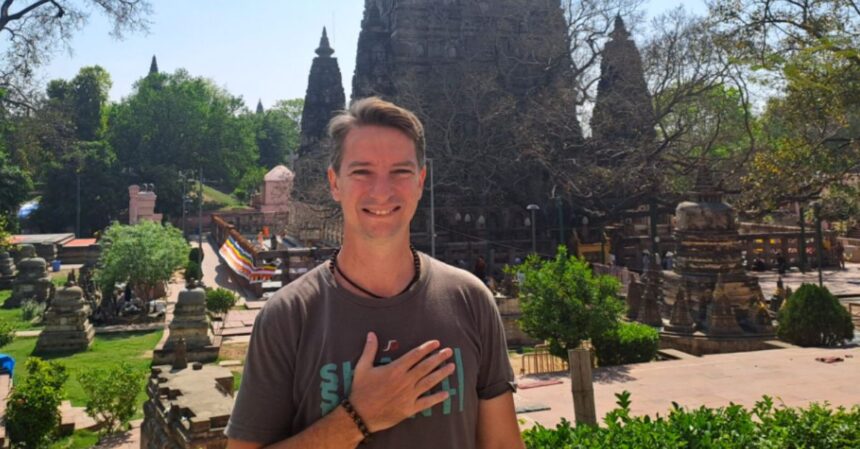Eastern philosopher and author Jason Gregory said modern society’s definition of success is leading people further away from peace and fulfillment. In a recent LinkedIn post, Gregory urged readers to abandon the relentless pursuit of external achievement and instead embrace life as a process—like a dance—where true success lies in the presence and ease of each moment rather than reaching a final destination.
“Being at peace in your life is what success is about, but to realize that you need to completely appreciate the process of it,” Gregory posted on LinkedIn. “We need to think of our life in terms of a dance. What’s more important: getting to the end of the dance, or the process of the dance itself? We all know the answer but we don’t apply this wise insight to our daily life.”
“We strive toward what society believes success to be, which ultimately ties us in knots,” said Gregory. “There is no way to bring peace to your life by making yourself busier. A real feeling of success will never be achieved that way.”
Gregory’s post critiques the pressures of modern life and the illusion of goal-oriented fulfillment. He likens conventional success to “fairy gold”—shiny but insubstantial, leaving people deflated even after attaining it. This cycle of striving, he argues, is misguided and leads to stress, not satisfaction.
Instead, he calls for a return to stillness, rooted in ancient Eastern wisdom. True success, according to Gregory, comes not from effort or ambition but from the tranquility of a mind at ease with daily life.
Jason Gregory is an author and teacher whose work explores Eastern philosophy, spiritual traditions, and consciousness studies. His upcoming book, The Tradition of Natural Taoism: The Way of Free and Easy Wandering in Oneness, will be released in September 2025 and is available for pre-order now. His books include Fasting the Mind, Enlightenment Now, Effortless Living, and The Science and Practice of Humility. He shares regular lectures and teachings with a global audience through his YouTube channel.

